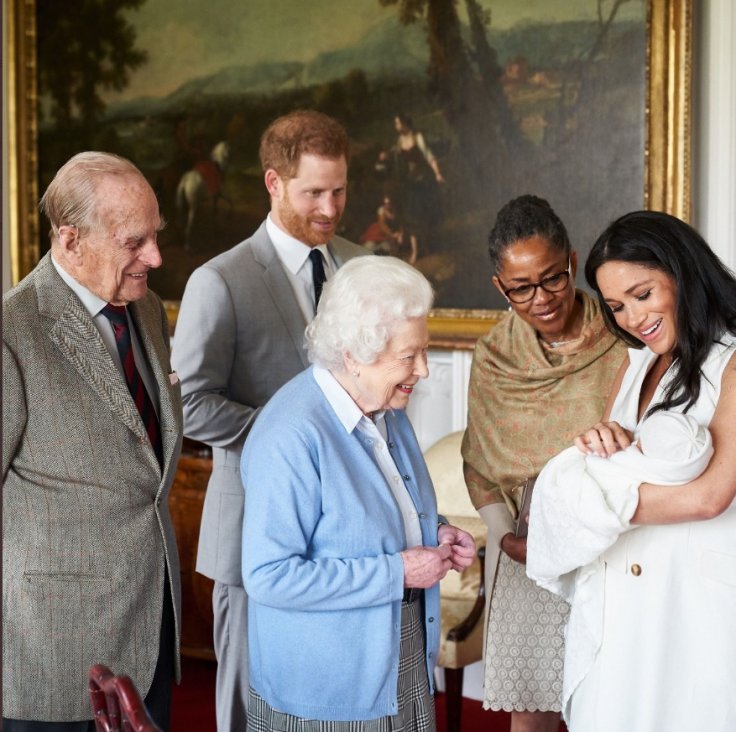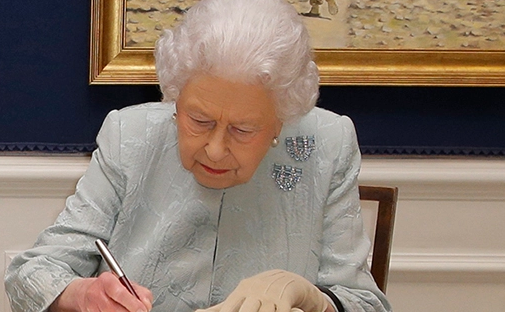A new biography, Elizabeth: An Intimate Portrait, claims that the Queen was suffering from cancer in the last few months of her life. Gyles Brandreth, a friend of Prince Philip, has revealed this in the upcoming book.
Despite the late Queen's official cause of death listed as "old age", Brandreth said Her Majesty died of a rare form of bone marrow cancer.
"I heard that the Queen had a form of myeloma – bone marrow cancer – which would explain her tiredness and weight loss and those "mobility issues" we were often told about during the last year or so of her life," he said. "The most common symptom of myeloma is bone pain, especially in the pelvis and lower back, and multiple myeloma is a disease that often affects the elderly."

Brandreth says there is no known cure but treatment, including medicines to help regulate the immune system and drugs that help prevent the weakening of the bones can reduce the severity of its symptoms and extend the patient's survival by months or two, to three years.
Forced to "Go On"
The royal biography claims that the Queen was forced to "go on" following the death of her beloved husband Prince Philip. She is said to have found a new comfort with Prince Philip in one another's company during the COVID-19 lockdown. When restrictions were lifted the royal couple travelled to Scotland and Sandringham and Windsor.
Brandreth's book sheds light on the Queen's determination to be with her husband when he died. It says that she barely left his side in the final weeks of his life. The book claims that the Queen suffered periods of low energy, despite telling aides she was determined to stay busy after the Duke of Edinburgh's death in April 2021. Brandreth said when she felt weaker, she filled her time by watching BBC drama Line of Duty... "My husband would certainly not have approved," she reportedly said.

Moreover, the Queen chose the special six to be appointed to the UK's distinguished Order of Merit in early September. This six includes TV presenter and author Baroness Floella Benjamin and Nobel laureate Venki Ramakrishnan.


